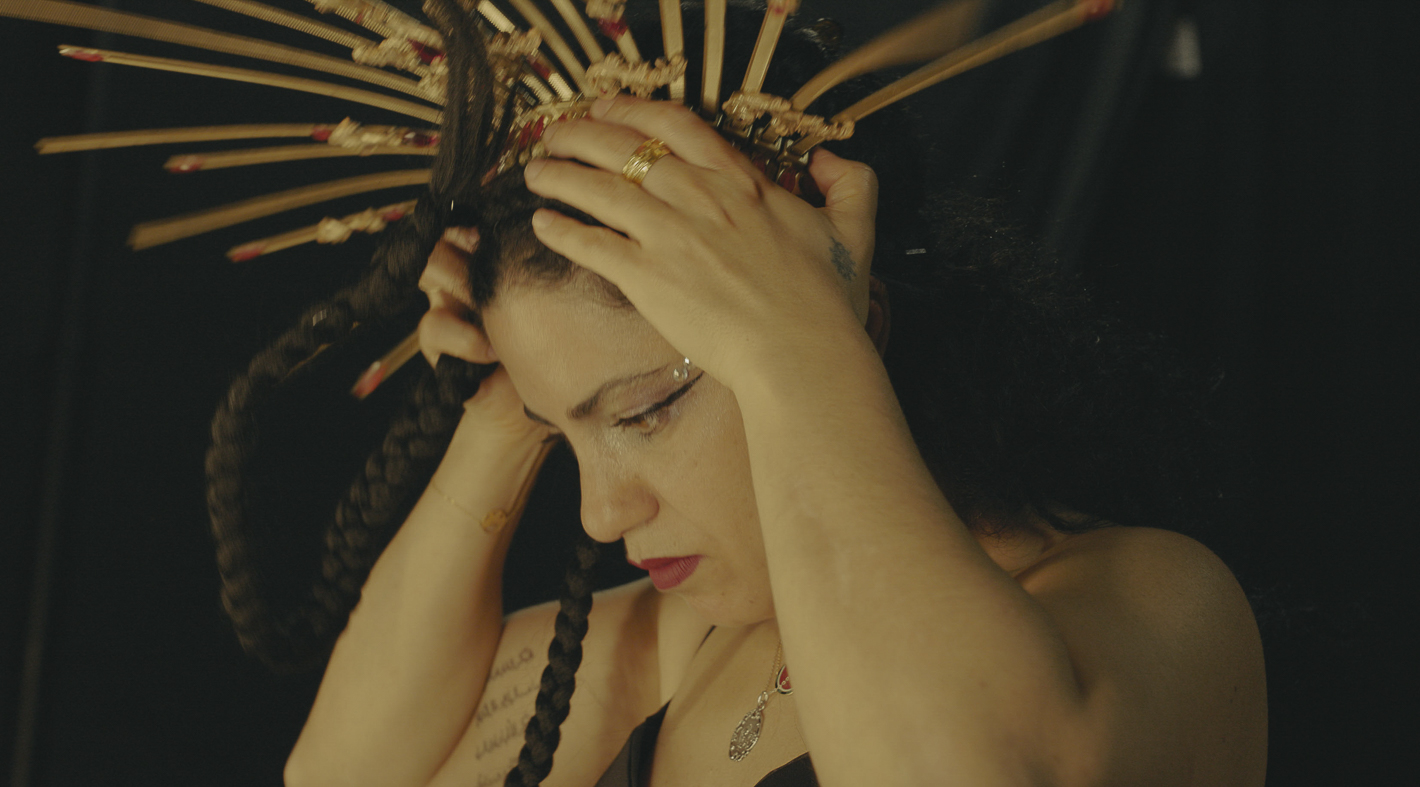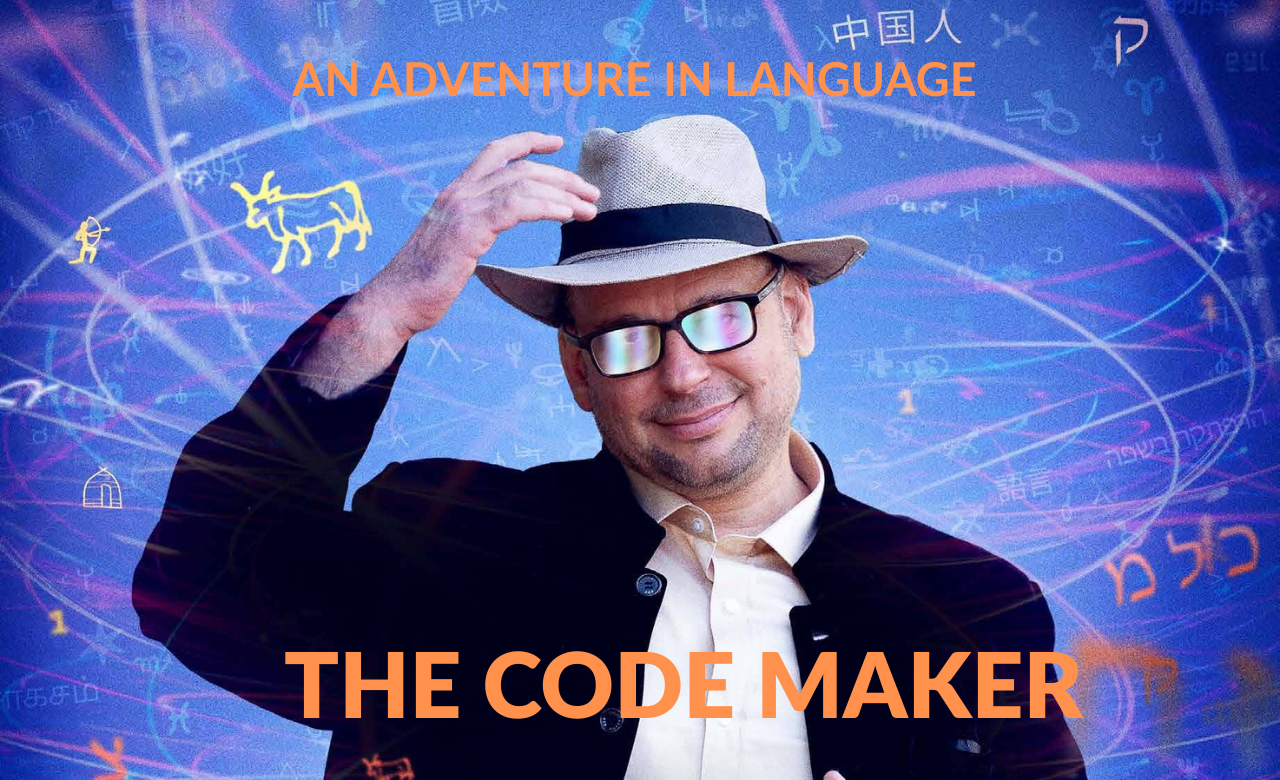In 2011, thousands of Tunisians marched on their country’s streets. As they marched, they sang “Kelmti Horra” “My World is Free”. This song, and its performance by Emel Mathlouthi in front of thousands on the streets of Tunisia, is regarded as the trigger for the Arab Spring – a cultural and political movement that spread across the Middle East and threatened to change the world.
Following her rise to fame, Emel returned to her home in Paris. There she began to work on what she had always wanted – acknowledgment by the wider entertainment world as an Arabic singer of creativity and importance who could have an impact on the musical culture of the West.
During that politically charged period, in search of a broader audience, she performed in Arabic at the Nobel Prize Ceremony in 2015. She later moved to New York City, expanding her repertoire by incorporating English into her music.
The documentary follows Emel’s relentless efforts to maintain her international career despite numerous obstacles.
Though renowned, she continues to strive for artistic and personal growth, facing the dual challenge of pursuing her professional ambitions while managing her responsibilities as a single mother.
“Emel” tells a story of musical influence and explores how far one will go to achieve one’s dreams and create a lasting legacy.








